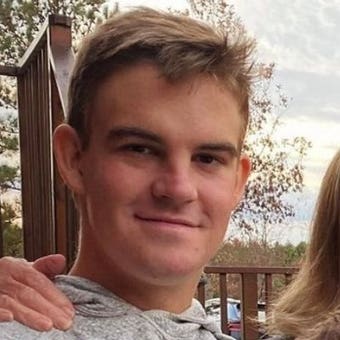Fox News Flash top entertainment headlines for March 6
Fox News Flash top entertainment and celebrity headlines are here. Check out what's clicking today in entertainment.
New York state Sen. Samra G. Brouk, a Democrat who represents western parts of the state, introduced a bill this year that would "ensure all pupils receive, as an integral part of education in grades kindergarten through twelve, comprehensive sexuality education."
Public schools in New York can currently decide for themselves the level of sexual education they want to provide students beyond certain requirements around HIV/AIDS, but this bill would establish a universal curriculum for kids as young as five.
Brouk said the new curriculum would cover issues "like healthy relationships, body image, and self-esteem."
CALIFORNIA OKS NEW SEX-ED GUIDELINES FOR TEACHERS DESPITE OBJECTIONS FROM PARENTS, PROTESTERS
"In kindergarten, that looks like basic lessons about friendship and communication, providing students with the building blocks they need to tackle issues like consent and sexual health years later in middle and high school," she wrote in justifying the bill.
"At older ages those lessons include health matters like preventing unintended pregnancy and sexually transmitted infections."
Brouk did not respond to a request for comment Saturday.
Not everyone is thrilled about the proposal though. Assemblyman Michael Reilly, a Republican who represents parts of Staten Island and is a member of the education committee, told the New York Post that the bill would tie public schools to guidelines set out by the Sexuality Information and Education Council of the United States (SIECUS).
"We would be outsourcing our curriculum to this outside organization," Reilly told the newspaper. "That’s a concern."
According to the latest curriculum laid out by the SIECUS, students start sexual education as kindergartners and by second grade, should be able to "define reproduction;" "list medically accurate names for body parts, including the genitals;" and "discuss the range of ways people express their gender and how gender-role stereotypes may limit behavior."
CLICK HERE TO GET THE FOX NEWS APP
By middle schools, SIECUS says kids should be able to describe how to use a condom; "define vaginal, oral, and anal sex;" and "explain there are many methods of short- and long-term contraception that are safe and effective and describe how to access them."
According to the CDC, a sexual education curriculum helps students in a variety of ways, including by improving their academic performance, increasing the use of protection, and delaying initiation of sexual intercourse.














































